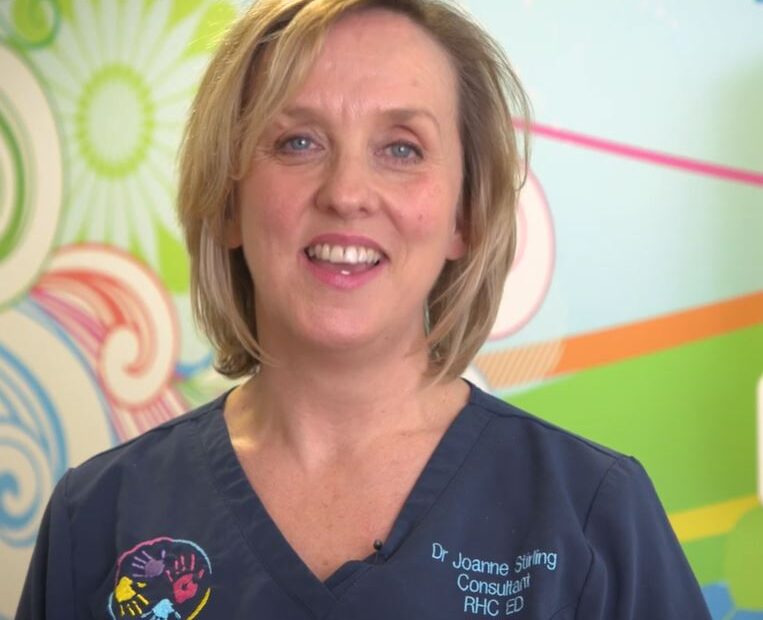NHS Greater Glasgow and Clyde is committed to ensuring children receive the right care at the right place.
Our redirection policy ensures your child receives care in the most appropriate setting for their needs. If you attend A&E with your child, and their condition is not life threatening, there is a chance you may be redirected.
When you attend A&E, your child will be seen by a highly skilled member of our emergency team who will assess their care requirements and will provide advice on the next steps. This is a process called triage.
If your child’s condition is identified to be appropriate for redirection to a minor injury unit (MIU), you will be redirected from the emergency department to attend that unit directly, or given an appointment to attend the following day. All appropriate first aid measures such as pain relief and wound care will be provided as needed.
The redirection process is designed to streamline paediatric care delivery to ensure timely access to specialised medical care for children across the health board.
Throughout the process, children requiring specialist medical care will receive prompt access to appropriate medical services, outwith the A&E department, ultimately reducing waiting times, enhancing patient outcomes and improving healthcare experiences for children and their families.
Scott Davidson, Deputy Medical Director for Acute Services, said: “Our redirection policy is in place to ensure children receive the best and most appropriate care for their needs.
“At NHS Greater Glasgow and Clyde, we are committed to providing the best possible care for our children and young patients and through our redirection process, we can direct patients to the most suitable pathways that can reduce the amount of time spent in hospitals.
“We would always encourage parents to call NHS24 on 111 if they believe their child’s condition is urgent but non-life threatening, and they can advise on the most appropriate steps to ensure your child receives the care they need.
“If your child’s condition is very urgent or life threatening, you should always call 999 or go straight to the Emergency Department.”

